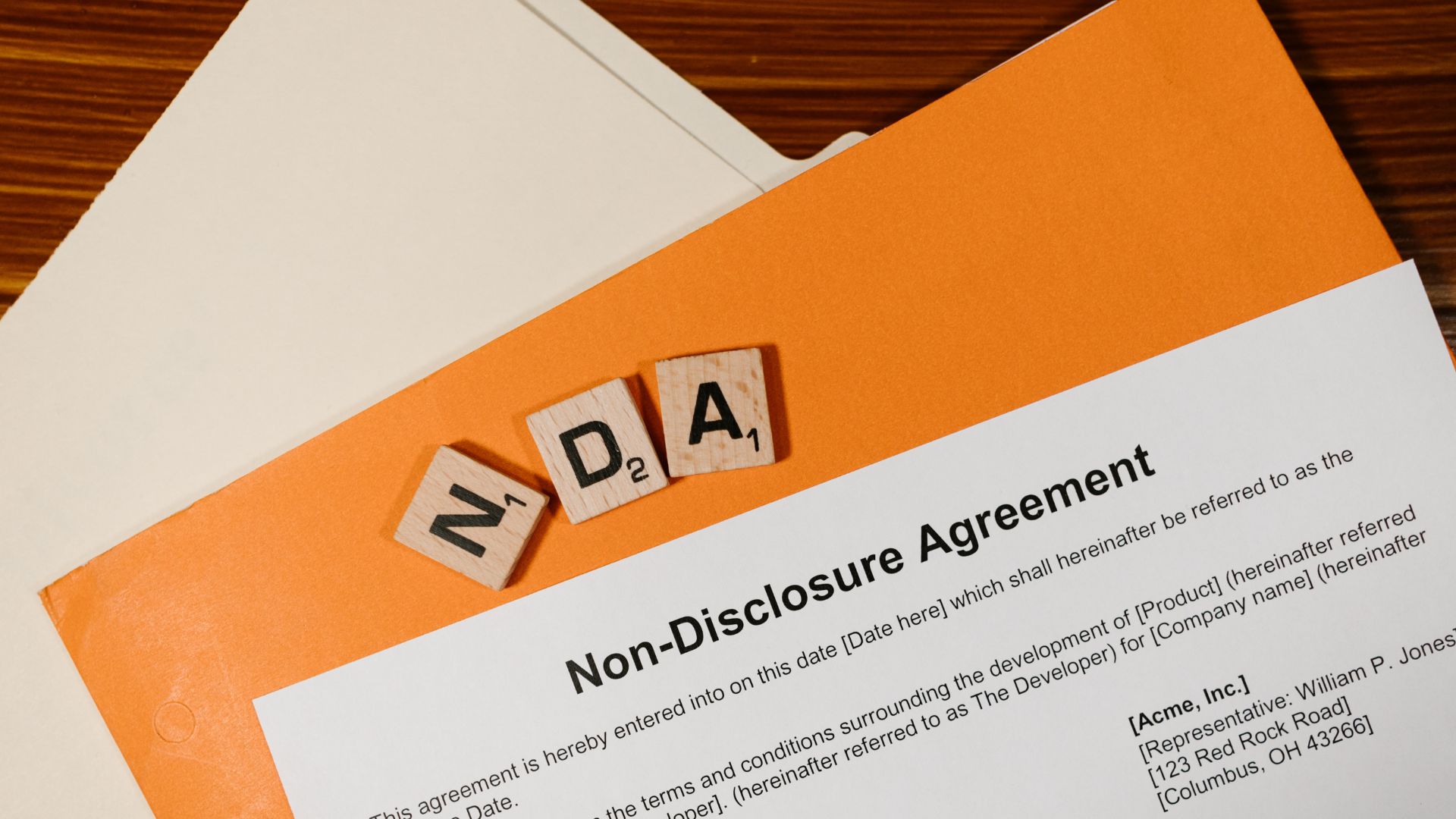Non-Disclosure Agreements ( NDAs ) are more than just contractual documents. They are a real bulwark against the disclosure of sensitive information. In an international context, their legal translation becomes a sine qua non condition for guaranteeing the validity of your commitments and controlling risks.
Do you do business with foreign partners? Translating your NDA is not a formality
Whether you're raising funds, making a cross-border acquisition, setting up an R&D partnership or subcontracting internationally, you're bound to share confidential information. These exchanges must be strictly regulated, in all the project's working languages. A clause that is imprecise, badly translated or misinterpreted could quite simply invalidate the agreement, or even complicate any recourse before a foreign court.
Let's take a common example: a legal department drafts a confidentiality agreement in French with a Dutch partner. The project evolves and the agreement is sent to an audit firm based in New York. The English version then becomes a reference document. If there are any discrepancies or inaccuracies in the translation, the opposing party can challenge its interpretation in an American court. This can have far-reaching consequences, including in terms of evidence and liability.
Specific terminology used in confidentiality agreements
A well-drafted NDA contains several complex legal elements:
- Precise definition of the information covered
- Geographic scope and duration of commitment
- Legal or contractual exceptions to non-disclosure
- Penalty or damage clauses
- Applicable law and jurisdiction
These concepts must be translated with care, taking into account the applicable law in each target language. The word "disclosure", for example, is not always translated as "divulgation", depending on the local legal context. Misinterpretation can lead to contractual imbalance or render a clause unenforceable abroad.
Why use specialized legal translators?
Entrusting the translation of a confidentiality agreement to a non-expert translator, or resorting to an uncontrolled machine translation, is tantamount to taking a major legal risk. These documents require :
- Mastery of corporate law, contractual obligations and litigation procedures
- A thorough understanding of the differences between civil law and common law systems
- The ability to use consistent terminology, in line with the requirements of courts and authorities
Legal 230's translators are specifically trained to meet these challenges. They don't just translate: they legally interpret the meaning, to ensure perfect equivalence between versions.
Use case: when translating an NDA protects your rights
One of our customers, a French biotech company, had to present an NDA signed in German as part of a tax investigation in Austria. The local authorities required proof that the information provided to an Austrian laboratory was contractually covered. Thanks to a rigorous translation in line with Austrian tax and commercial law terminology, the company was able to demonstrate its good faith and avoid a substantial fine for uncontrolled disclosure of sensitive information.
In conclusion: translating confidentiality agreements is a legal act in its own right
Never underestimate the legal significance of a confidentiality agreement, especially when it is intended to circulate across borders. A faithful, accurate and legally sound translation is essential to protect your interests.
Do you need an NDA translated? Call on Legal 230
Our legal translators, specialized in corporate law and international litigation, guarantee you a reliable translation that can be used before all courts and authorities.
👉 Contact our team for a professional translation, validated by legal experts.

